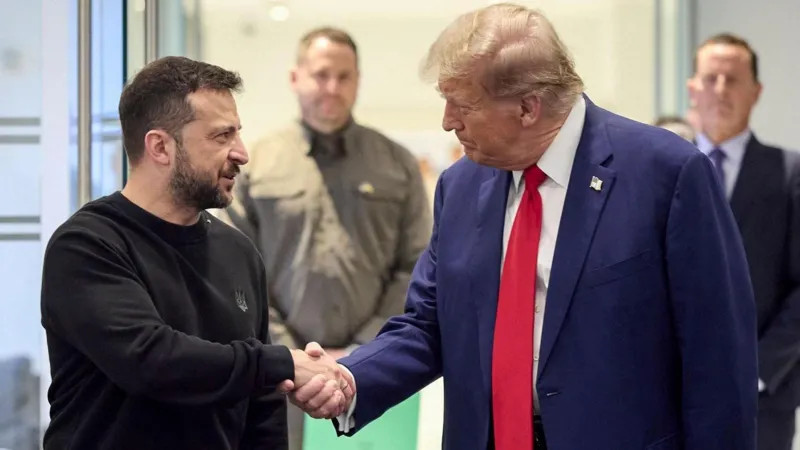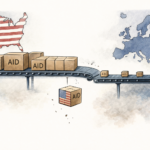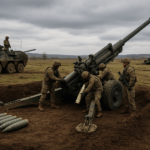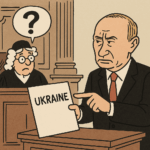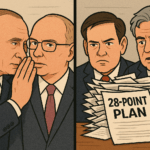In the aftermath of President-elect Donald Trump’s victory, political adviser Mr. Lanza sparked controversy with his comments on the Ukraine war, stating that regaining Crimea is unrealistic and not a priority for the U.S. Lanza emphasized the need for peace negotiations rather than focusing on territorial recovery, directly conflicting with Ukrainian President Volodymyr Zelensky’s assertion that peace depends on returning lost territories. Ukrainian officials criticized Lanza’s remarks, asserting that the pressure for peace should not fall on Ukraine, but rather on Russian President Vladimir Putin, who continues to escalate the conflict.
The nature of Trump’s advisory team on Ukraine is complex, with statements indicating that Lanza does not officially represent Trump and that Trump’s national security decisions will be made independently. As tensions escalate, opinions on how to resolve the conflict diverge, with some believing concessions could empower Russia, while others argue for a peace-focused approach.
NATO allies warn that Ukraine backing down could provoke further Russian demands. The U.S. remains a significant military aid provider to Ukraine, with substantial support packages passed by Congress. As the transition of power unfolds, various strategies for addressing Ukraine’s future against Russian aggression are coming to light, contributing to an evolving political discourse.
Більше інформації на сайті BBC

